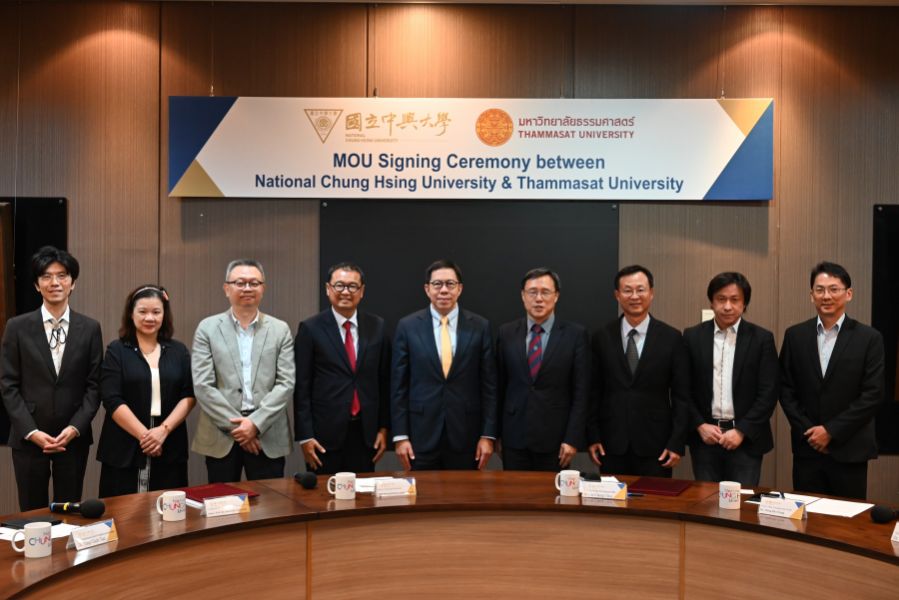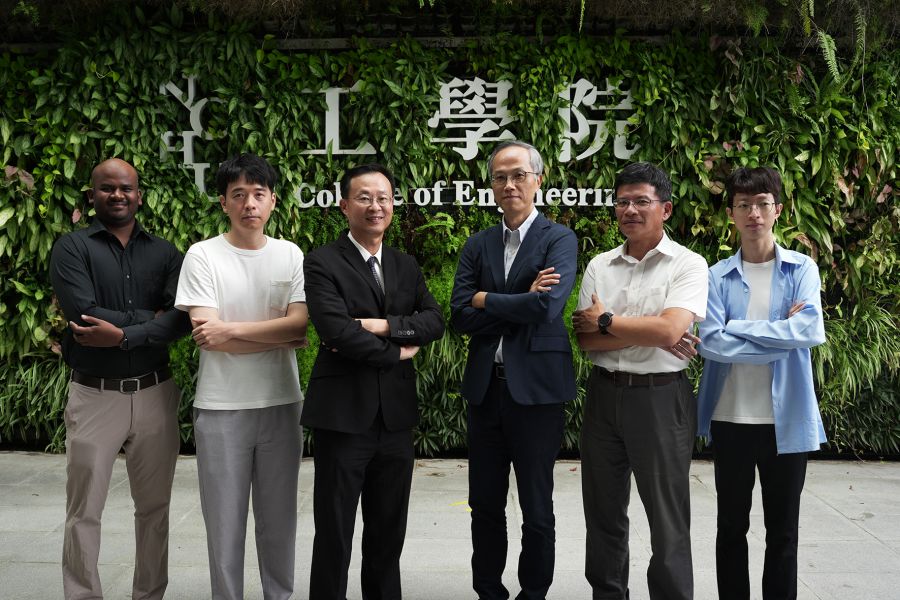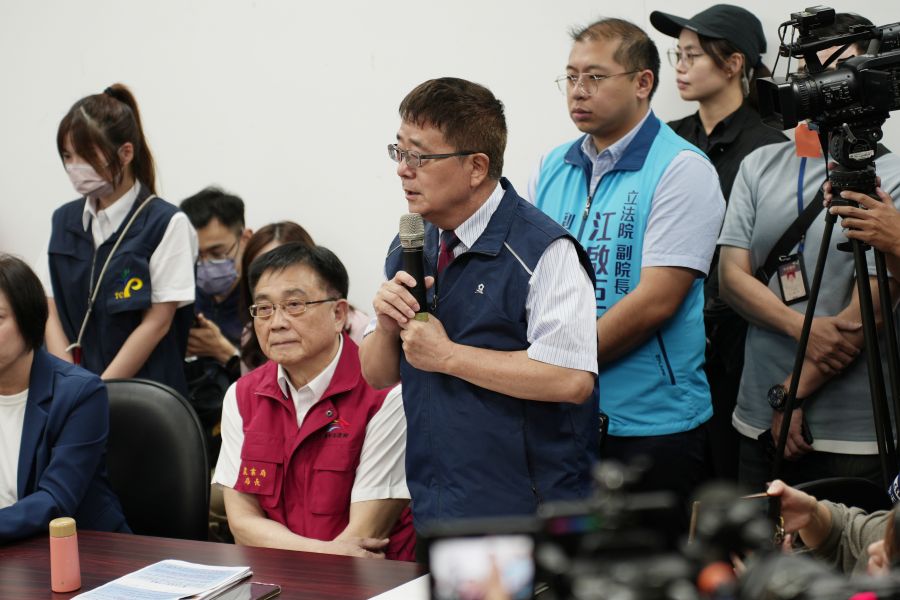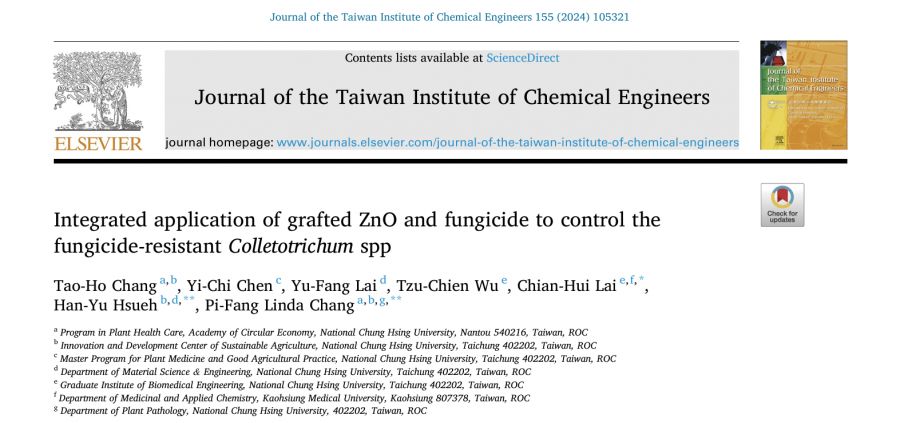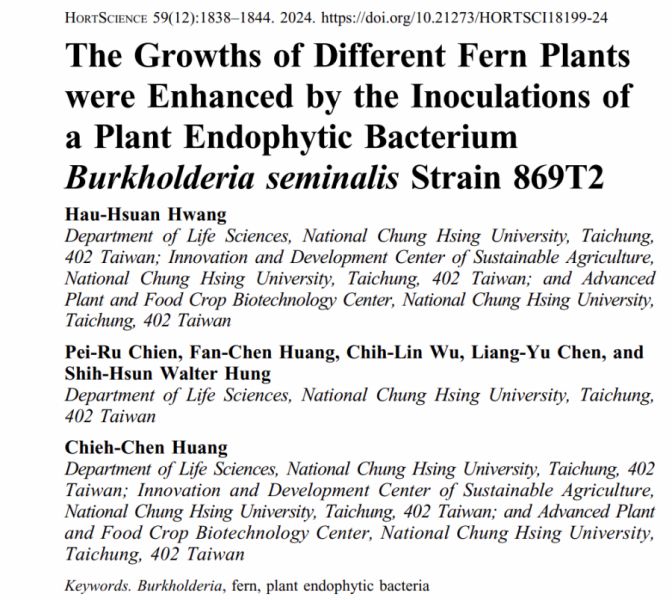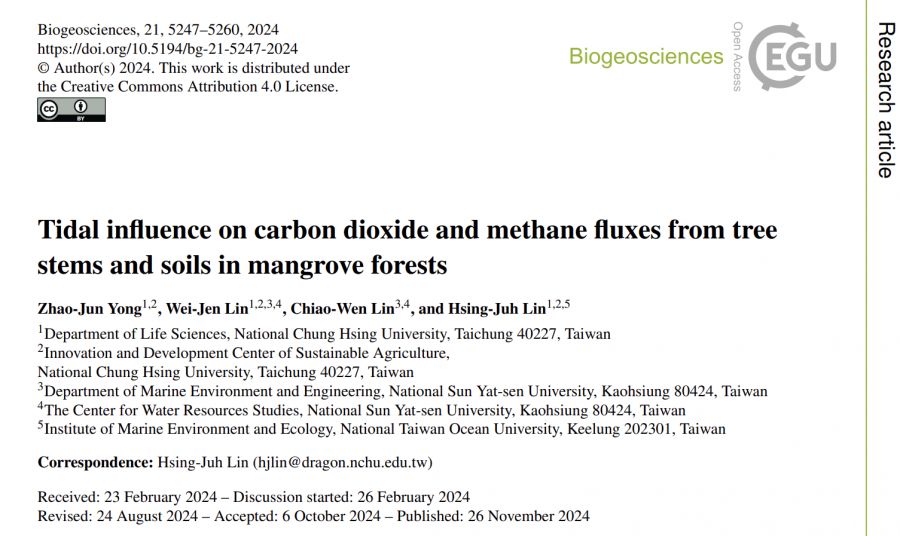


A New Breakthrough in the Research and Development of Flexible Electronic Devices! Ying-Chih Lai of National Chung Hsing University Won the Young Scholars' Creativity Award
The soft and tactile skin of the "Baymax" in the animated movie and the plastic liquid metal robot in the science fiction movie "Terminator" will have the opportunity to be realized in life in the future. Ying-Chih Lai, 38-year-old associate professor of Department of Materials Science and Engineering NCHU, has been committed to the research and development of flexible electronic components for 8 years. The prospective and innovative results are on par with international famous universities such as Cornell and Harvard. From 2013 to present, his 35 international papers have been published. The average impact factor is about 18.75. In addition, his 25 international articles have been published in National Chung Hsing University in the past 5 years, and the average impact factor is 19.69. In September this year, Ying-Chih Lai won the "Young Scholars' Creativity Award" from Foundation for the Advancement of Outstanding Scholarship.
Ying-Chih Lai graduated from Department of Material Science and Engineering, National Chiao Tung University with a minor in electrophysics. He got a Ph.D. degree from Graduate Institute of Electronics Engineering, National Taiwan University. In 2013, he successively served as a visiting research fellow and postdoctoral research fellow at Department of Chemical Engineering of Stanford University, Interuniversity Microelectronics Centre, and Department of Materials of Georgia Institute of Technology. He has joined National Chung Hsing University to teach at Department of Materials Science and Engineering since 2016.
On the basis of his background in physics, materials, electronics and chemical engineering concurrently, he established a rare cross-field laboratory in Taiwan that covers a wide range from new physical mechanisms, materials development, component design, to system applications. The laboratory has successively developed a variety of breakthrough electronic components which include: "soft robot with autonomous sensing function", which can actively perceive external stimuli and respond immediately like human skin, "electronic skin that can repair itself and does not require batteries", which is similar to electric eel skin, can generate 20 volts of electricity, is transparent up to 88%, can stretch more than 1000% of its own length, and can repair itself after more than 500 cuts, and "liquid metal spinning thread capable of generating electricity", which can collect electromagnetic radiation from various electrical appliances and mechanical energy of the human body and convert them into electrical energy to provide for machine operation.
Ying-Chih Lai is very grateful to his Ph.D. program advisor who is National Chair Professor Yung-Fang Chen of National Taiwan University, his postdoctoral advisor who is Academician Zhong-Lin Wang, and Academician Zhenan Bao of Stanford University during his overseas visit, for providing him with a lot of development space and academic support so that he can combine what he learned in the past and be committed to fields of interest. At the same time, they let him see the infinite potential brought by the research.
In the future, the laboratory will keep focusing on using new physics and new materials to combine flexible electronics, nanogenerators, electronic skins and other directions, to realize self-sufficient flexible devices (such as soft robots, wearable electronics, etc.), which can collect internal and external signals, can be powered by human action, and can repair itself after damage. There have been some achievements in recent years, but he believes that it is possible to continue making breakthroughs and improve the functions of flexible electronic devices in the future. The development of a new generation of electronic devices will bring revolutionary changes to the industry. Whether it is wearable electronic devices, prosthetics, smart sensing, new energy utilization, human-machine interfaces, etc., the application dimensions are quite extensive.
Ying-Chih Lai expressed his sincere gratitude to the evaluation committee members who affirmed his efforts and achievements in the past few years. This award is of great significance to him. In addition to affirming him personally, it also means that the efforts of the teachers at National Chung Hsing University have been seen. There are many domestic resources and awards; National Chung Hsing University is easy to be ignored. Nevertheless, NCHU teachers have always produced very useful results with limited resources, which he admires very much.
Ying-Chih Lai has taught at National Chung Hsing University for five years. The university and his predecessors have provided a good environment and assistance, and the close exchanges between peers have made his achievements more distinctive. From the schooling period till now, Ying-Chih Lai has been spending at least 13 hours in the laboratory a day. He encourages the students to have confidence in themselves, find uniqueness, and give full play to their strengths. “Coupled with diligence, hard work will eventually be recognized,” he tells them.
Figure. Ying-Chih Lai
Repost Link: https://www2.nchu.edu.tw/en-news-detail/id/407


